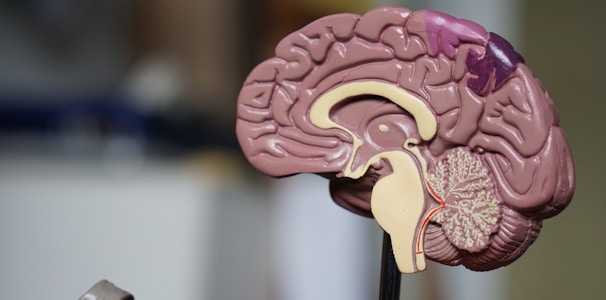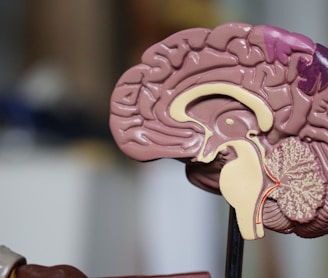CBT- Change your thoughts, Change your life


Understanding Cognitive-Behavioral Therapy (CBT):
Cognitive-Behavioral Therapy is a goal-oriented, short-term psychotherapy that focuses on the connection between our thoughts, emotions, and behaviors. It is based on the idea that our thoughts influence our feelings and actions, and by changing our thoughts and behaviors, we can improve our emotional well-being and overall quality of life. CBT empowers individuals to identify and modify negative thought patterns and develop healthier coping strategies.
How CBT Can Improve Your Life:
CBT enables individuals to recognize and challenge negative, distorted thoughts that contribute to emotional distress. By learning to identify these automatic negative thoughts, individuals can develop a more balanced and realistic perspective, leading to reduced anxiety, depression, and other emotional challenges.
CBT equips individuals with practical tools and coping skills to manage stressful situations, emotional triggers, and difficult emotions. Through the exploration of behavioral strategies and problem-solving techniques, individuals gain a sense of control over their reactions and develop healthier ways of navigating life's challenges.
CBT emphasizes the importance of behavioral changes to support emotional well-being. By identifying unhealthy behaviors and developing alternative, adaptive responses, individuals can break free from self-defeating patterns and engage in actions that align with their values and goals. This shift in behavior can lead to improved relationships, enhanced self-esteem, and a greater sense of personal satisfaction.
CBT encourages self-reflection and self-awareness. By examining the connection between thoughts, emotions, and behaviors, individuals gain a deeper understanding of themselves and their inner experiences. This heightened self-awareness fosters personal growth, empowers individuals to make intentional choices, and facilitates a more authentic and fulfilling life.
Imagine a client named Sarah who sought CBT to address her persistent feelings of social anxiety. Through therapy sessions, Sarah learned to identify her negative thoughts, such as "I'm always judged by others" or "Everyone thinks I'm awkward." She worked with her therapist to challenge these thoughts and replace them with more balanced and realistic perspectives.
As Sarah continued with CBT, she also engaged in exposure exercises, gradually exposing herself to social situations that triggered her anxiety. She practiced new coping strategies, such as deep breathing and positive self-talk, to manage her anxiety during these situations. Over time, Sarah experienced a significant reduction in her social anxiety and developed greater confidence in her ability to navigate social interactions.



